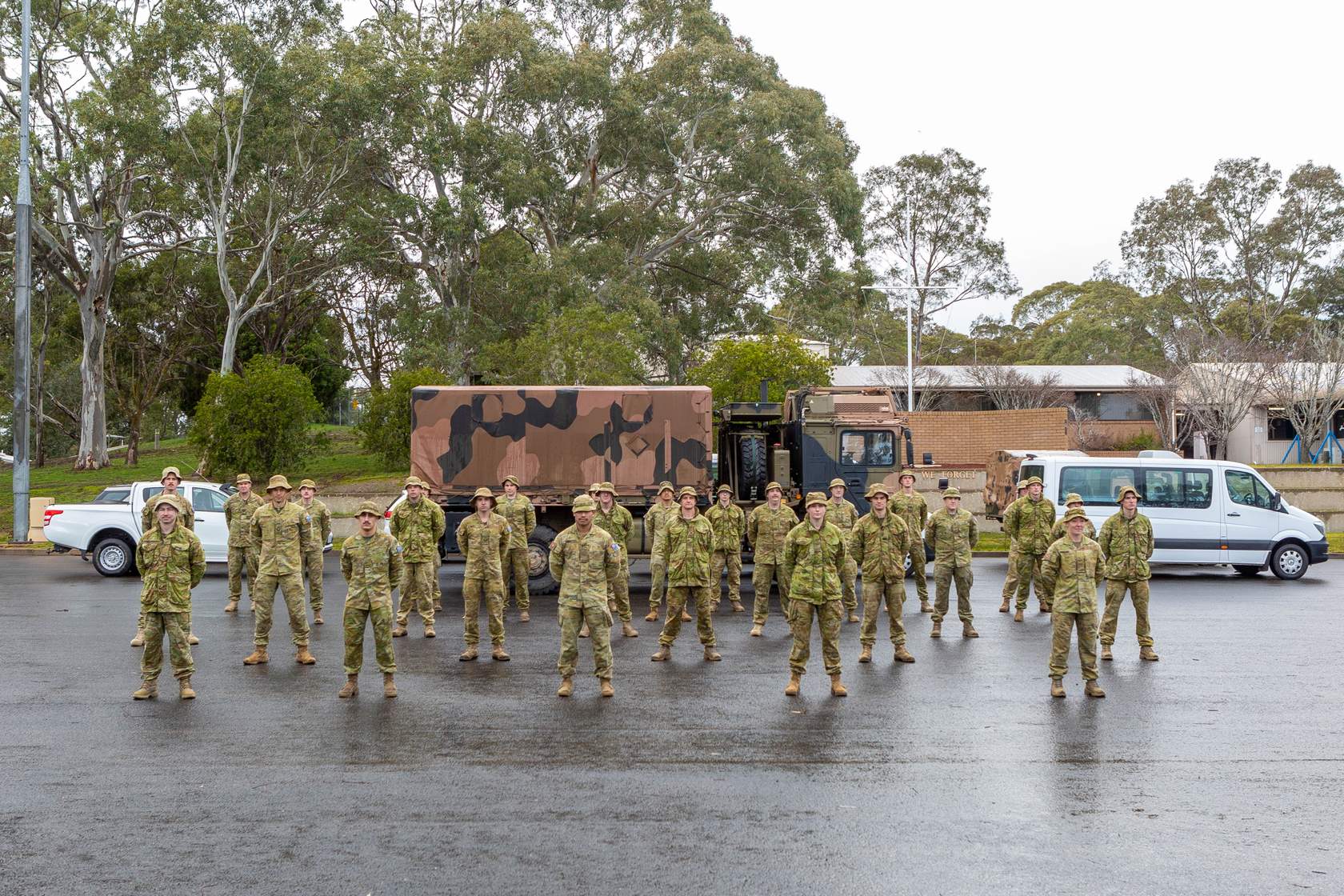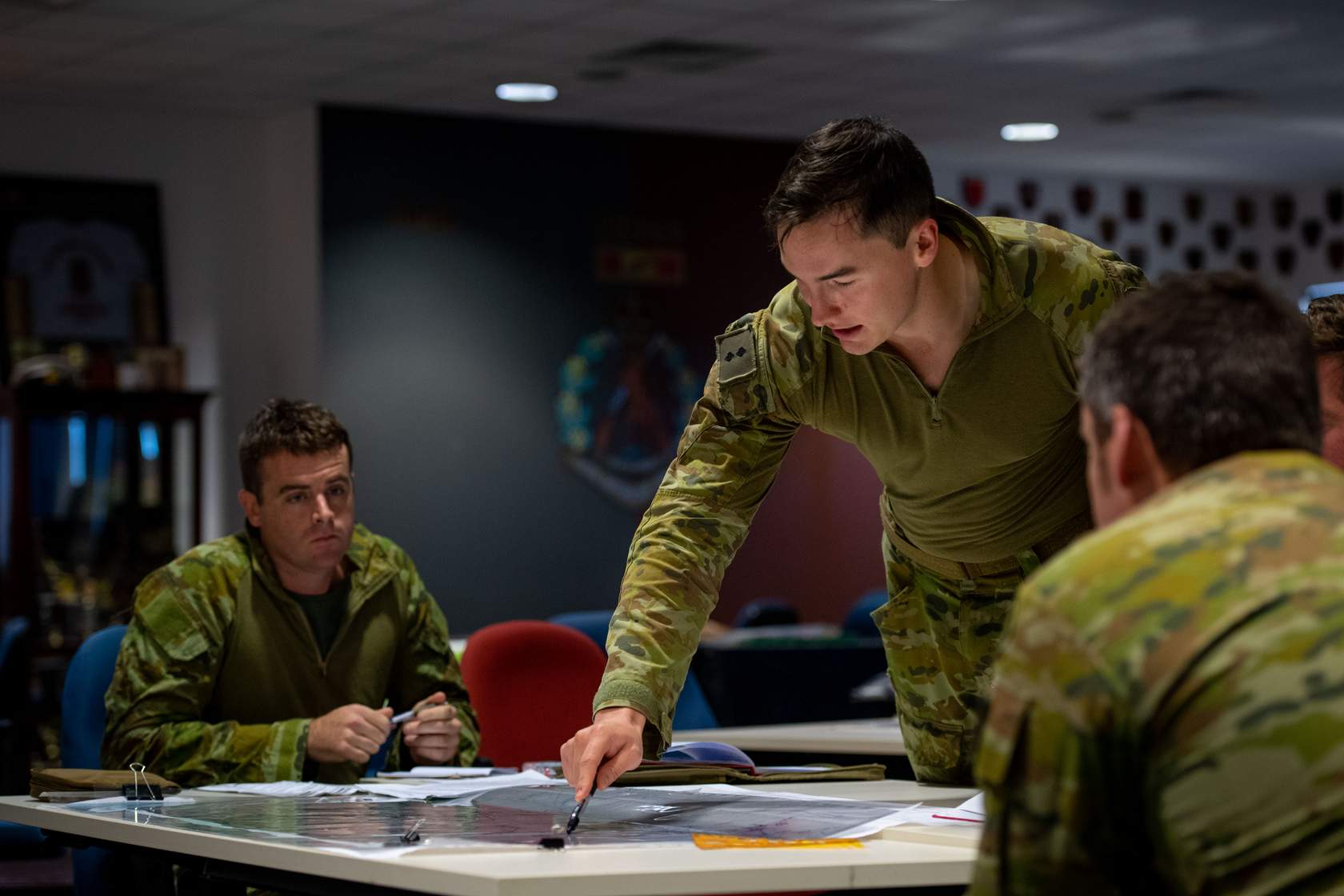55 Integrating communication and good thinking

You need to carefully connect purpose, justification and action. Sound reasoning and critical thinking are the underpinnings of this sequence. Phase one of your reasoning and critical thinking principles are based on clarity, accuracy, precision and relevance. To do this well you can’t be misusing extrapolation. You must be really clear about noise, signals, correlation, and causation. And you need to be acutely attuned to the improbable.
To help you with these we now discuss mindfulness and small things. The idea of small things leads us to small wins.
Karl Weick, a US psychologist, academic and consultant, has dedicated his life, along with his colleagues, to researching disasters and finding ways to help organisations like yours to avoid them, or at least mitigate the degree of damage caused. He is a great advocate of awareness that leads to mindfulness.
This is Weick’s definition of mindfulness:
a rich awareness of discriminatory detail.
Karl Weick1
He writes that when people act they must be aware of context, differences among details, and things that are different from their expectations. He also builds a very strong visual image by saying that mindful people have the ‘big picture’, but it is a big picture in the moment.
In this unit, and others in Cove+ you may study, you will read about the nature of High Reliability Organisations, HROs. You work in an HRO. An HRO is an organisation that is built for and requires high levels of performance in settings where potential for error and disaster can be extreme, and where lives are at stake. These organisations must function reliably and ‘on demand’. They often experience unexpected problems and the expectation of these organisations is high.2

When you read about HROs you would realise that you are working in one.
You would also be aware that for you in an HRO, your business is being able to identify noise, signals, and the improbable.
The scene is set for you to spend some time learning about small things and small wins.
HROs treat any lapse in behaviour as a symptom of something being wrong with the system. They worry about a series of small things that might combine and have severe consequences. They encourage the reporting of small errors, and they think about ‘near misses’. They worry about complacency.

We say that HROS are on the lookout for weak signals, of things that could escalate. Weak signals are those little things that catch our attention and make us feel that something might be going wrong, or might be causing some concern, but aren’t major at the time. It can be something tangible like a rattle, or something that is slightly out of place. It can also be something that is a hint or clue. A preoccupation with failure isn’t saying that we should live in constant fear of the worst. It is saying that we need to mindful of those signals and make decisions about what to do.
Bus drivers are experts at picking up weak signals. They sense the road, they feel the overall mood of the passengers, they notice little things2. They know an awful lot about their routes and their towns and cities. They are aware when things are not quite ‘right’. They also know that their actions and reactions need to be commensurate with the situation and they need to get their jobs done.
Small wins
There is a philosophy in HROs that small wins can help teams build an awareness of the possibility of failure!
First, what is a ‘small win’? These are small, cumulative changes that build (team capability) to better manage the unexpected. Small wins are specific, complete, and implemented outcomes that have moderate importance to a project outcome. They allow for change without being confrontational or challenging. They let teams test and experiment, and they promote learning.
These are different to the idea of breaking a big project into smaller chunks. They are steps that help move the team in a new direction, or away from something that is not useful.
Small wins can be really important in situations where there is high risk and a danger of failure. And they work in situations where success leads to better outcomes.
A ‘small wins’ focus in such situations works like this – individuals and teams look for:
- Ways to avoid failure, and they look for ways to find success.
- Things that need to go right, and they look for things that could go wrong but need to go right.
- Things that have gone wrong and things that have gone right.
So this is a dual process that identifies small failures and small successes. The idea is that by identifying small failures, the team can work on correcting, early. At the same time, by identifying small successes the team can work on enabling and building, early.
Small wins are about avoiding failure and finding success. The ‘small wins’ approach is a useful way, especially in HROs, to think about the steps and actions that could go wrong and require specific focus.
References
- Weick, K. E., & Sutcliffe, K. M. (2011). Managing the Unexpected: Resilient Performance in an Age of Uncertainty. Wiley. p. 32
- Goh, K., Currie, G., Sarvi, M., & Logan, D. (2014, May). Factors affecting the probability of bus drivers being at-fault in bus-involved accidents. Accid Anal Prev, 66, 20-26. https://doi.org/10.1016/j.aap.2013.12.022

